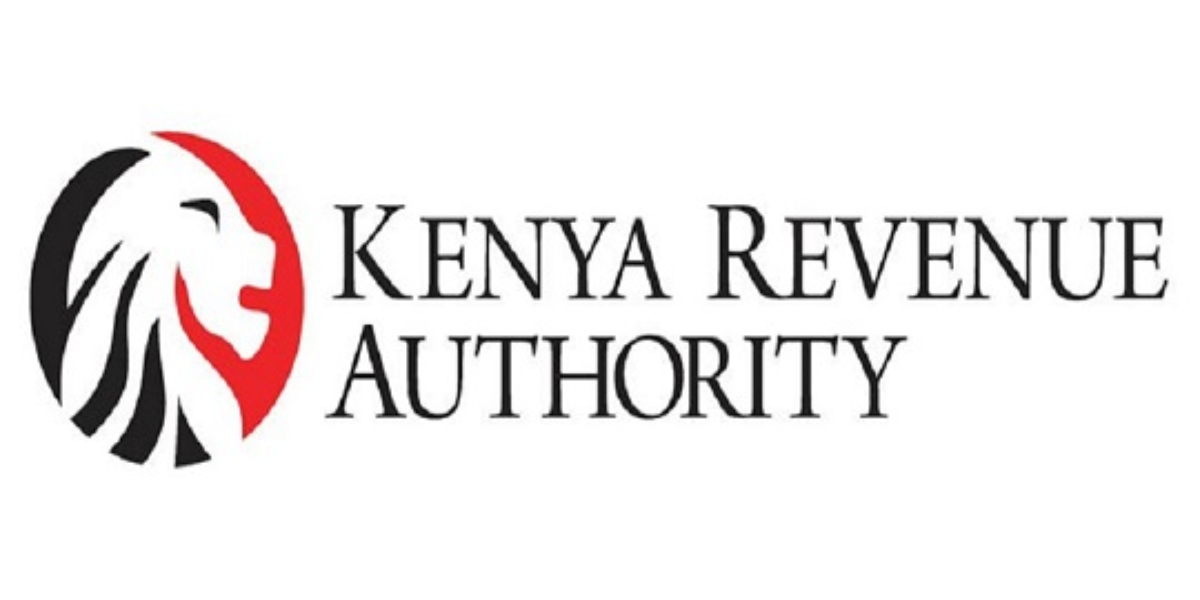On 3 July 2023, the Kenya Revenue Authority published the Finance Act 2023, following its presidential assent on 26 June 2023. The act includes the following notable provisions related to corporate income taxation.
Digital assets taxation:
Starting from 1st September 2023, the Act introduces a new 3% tax on income derived from the transfer or exchange of digital assets. Those responsible for the platform or facilitating the transfer/exchange must withhold the digital asset tax and submit it to the Commissioner within five working days after the withholding.
Withholding on digital content monetization:
Starting from 1st July 2023, resident persons making payments to digital content creators, both resident, and non-resident, will be subject to withholding tax if the income is deemed to originate from or earned in Kenya. The withholding tax rate for residents will be 5%, while for non-residents, it will be 20%. The deducted amount must be remitted to the Kenya Revenue Authority (KRA) within five working days after deducting the withholding tax and making payment for the monetized digital content.
Turnover tax (ToT) band and rate revised:
Under the Finance Act 2023, two significant changes have been made to the Turnover tax (ToT). Firstly, the upper threshold for ToT has been reduced from KES 50 million to KES 25 million. Secondly, the tax rate has been increased from 1% to 3%.
Amendments to the restriction on interest expense deductions:
The Finance Act of 2023 introduces changes to the interest restriction rule, which previously limited deductible interest to 30% of earnings before interest, tax, depreciation, and amortization (EBITDA), irrespective of the loan source. Under the revised act, the interest restriction of 30% of EBITDA will now only be applicable to loans obtained from non-resident lenders. Loans borrowed from local lenders will no longer be subject to this limitation. The amendments will take effect from 1 January 2024. Additionally, the act abolishes a previously granted exemption for manufacturers who had fulfilled specific conditions.
Treatment of foreign exchange losses:
Companies that exceed the specified threshold for interest expense deductibility of 30% of EBITDA will have their carry-forward period for foreign-exchange losses limited to five years, starting from the tax period in which the foreign exchange loss is realized.
Taxation of permanent establishments (PE)/branches:
The Finance Act 2023 introduces a branch/PE repatriation tax of 15%, which is applied in addition to the tax already levied on the branch’s income. The Act outlines a formula for calculating this tax, considering the branch’s net assets and profitability. Moreover, the Act also lowers the corporate income tax rate for branches to 30% (from 37.5%) starting from the 2024 year of income.
Remitting withholding tax:
The Finance Act 2023 modifies the Income Tax Act (ITA) provision concerning the remittance of withholding tax to the KRA. It now mandates that withholding tax must be remitted to the KRA within five working days of being withheld, as opposed to the previous requirement of remitting it by the 20th of the following month.
Capital gain tax:
The Finance Act 2023 amends the Eighth Schedule of the Income Tax Act by replacing the existing provision with specific guidelines on chargeable gains. It also modifies the Income Tax Act by deleting Paragraph 11A of the Eighth Schedule, which previously stipulated the due date for capital gains tax payment upon property transfer. The revised Act no longer requires payment on or before the date of application for transfer at the Lands Office or the 20th day after transfer. Instead, it necessitates payment either immediately upon receipt of the full purchase price by the vendor or immediately upon the registration of the transfer, whichever occurs earlier.
Rates of tax:
The Finance Act 2023 introduces a lower CIT rate of 15% for companies engaged in local assembly of motor vehicles during the initial five years of operation. This rate can be extended for an additional five years if the company achieves a local content level equivalent to 50% of the ex-factory value of the motor vehicles. The Act also introduces a new corporate tax rate of 10% for manufacturers of human vaccines. This change follows the removal of the income tax exemption that was previously granted to these companies in the Finance Act of 2022.












